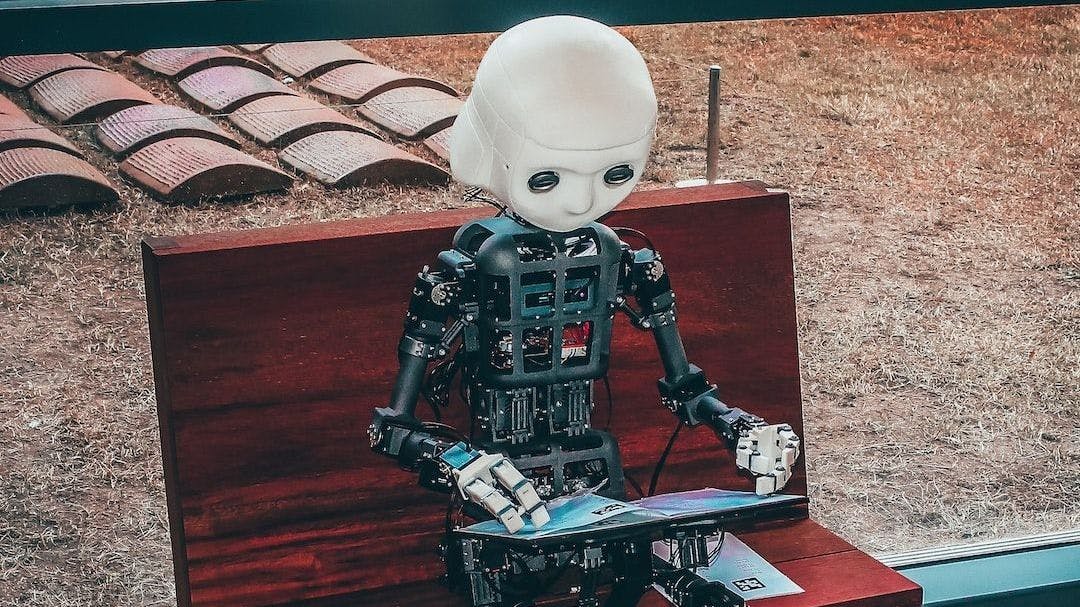The landscape of work is rapidly shifting due to automation across industries. From self-driving vehicles and AI-based auto-code generators to AI-driven customer service chatbots, machines are taking over the tasks that were once exclusively taken care of by humans. This trend is expected to evolve in the coming years.
So, what does this mean and how does it affect the future of work ?
Some experts anticipate widespread unemployment as machines replace human workers. Conversely, others argue that automation will generate new job opportunities, particularly in the field of software development, where businesses will require skilled & expert professionals to plan, design, build, and maintain specializedautomation systems.
It is highly likely that both of these scenarios will unfold to some degree as we progress. While certain jobs will be rendered obsolete by automation, employment prospects, such as custom software development, will emerge. The key for professionals lies in the adaptability and the development of skills that are highly sought after in the emerging future.
Outlined below are some of the skills that are and will be in demand in the age of automation:
- Data analysis: Businesses will require professionals who possess data analysis ability and interpret data effectively.
- Software development: As automation becomes more prevalent, the demand to hire custom software development companies to design and build automation systems will continue to grow.
- Creativity: Machines excel at executing repetitive tasks, yet they are incapable of generating innovative ideas to complete the work more efficiently. Consequently, businesses will rely on professionals who possess creative thinking skills and problem-solving abilities.
- Communication: Strong communication skills will be crucial in a work environment where remote collaboration is becoming increasingly prevalent, including hybrid work locations.
- Collaboration: Professionals must be capable of effectively collaborating with colleagues both within and outside their organization.
The future of work still remains uncertain, but one fact is very clear:
Preparing for the Future of Work
To prepare for survival and success in the age of automation, both individuals and businesses can undertake several proactive measures:
For Individuals
- Upskilling: Attending workshops, taking courses, learning through videos, or reading books that focus on the skills in demand in the new economy of business and work automation can help individuals stay relevant.
- Networking: Engaging with professionals and leaders in the respective fields can facilitate staying up-to-date with industry trends and discovering new opportunities.
- Flexibility: Being adaptable, flexible, and open to change is vital in an era dominated by machines and automation. Individuals should be ready to acquire new skills and embrace fresh challenges.
For Businesses
- Investment in training: Businesses can invest in various skill-building training programs to equip their employees with the skills required in the evolving economy.
- Cultivating an innovative culture: Encouraging employees to contribute new ideas and solutions promotes a culture of innovation within the organization.
- Flexibility: Businesses need to exhibit flexibility in their approaches to work, strategies, policies, etc. This includes adapting to changing market conditions and meeting the evolving needs of their employees, and adapting to current market trends.
The future of work may be uncertain, but individuals and businesses together can take proactive steps to prepare for the changes. By embracing upskilling, networking, flexibility, and investing in training, we can ensure readiness for the future of work.


